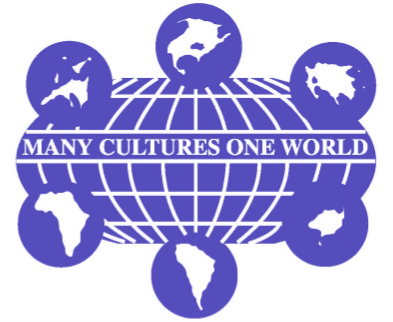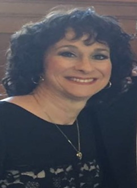Anita Noble DNSc, CNM, CTN-A, IBCLC
Senior Lecturer- Clinical
Henrietta Szold/Hadassah-Hebrew University School of Nursing, Faculty of Medicine
Phone: 845-738-1525
E-mail: anoble@hadassah.org.il
Expertise Areas:
Dr. Noble is a Certified Transcultural Nurse-Advanced. Nominated by Dr. Rachel Spector in 2011, Dr. Noble was inducted as a Transcultural Nursing Scholar. She served as the Cultural Competence Expert for the Israel Ministry of Health’s national initiative to decrease healthcare disparities by educating healthcare professionals about the delivery of culturally competent care. Dr. Noble started the first interfaith group in Israel for healthcare professionals. For this, she was honored with the Becky Bergman Prize for Creativity in Nursing, an annual award given to a nurse in Israel for a creative initiative in nursing. Dr. Noble initiated a curriculum for cultural competence education for nursing schools. For this endeavor, in 2018, Dr. Noble was awarded the Israel Ministry of Health's first prize for cultural competence initiatives in nursing education. She serves as the advisor, contributor and reviewer for Lippincott Publishers' cultural perspectives content in their textbooks regarding Orthodox Jews. Her research includes assessing cultural competence of healthcare professionals and students. Her research also examines cultural aspects related to Women’s Health and Lactation. One example is Dr. Noble’s ethnographic studies that explore cultural aspects regarding the childbirth continuum such as her study regarding Jewish women. The study was replicated and conducted by Dr. Noble and her colleagues in the Philippines. Dr. Noble’s research also assesses infant feeding among Early and Full-Term infants in inner-city New York and Israel where she has continued to assess Late Preterm and VLBW infants. These studies also examine the cultural factors that influence family decision making pertaining to lactation. In Lawrence & Lawrence’s 10th edition of their medical textbook on Lactation, Dr. Noble co-authored the chapter on Collection and Storage of Human Milk and Human Milk Banking. Included in this scientific chapter of the topic, she included the global factors pertaining to lactation duration and cultural considerations concerning donor human milk and human milk banking. Currently, she serves on the Transcultural Nursing Society’s Course Development Committee. Dr. Noble has been invited to speak at national and international conferences in the United States, Israel, Jordan, Australia, the Republic of Ireland and Northern Ireland.
Languages spoken, read/write*:
English and Hebrew
Select Publications:
Peer Reviewed Journal:
Ordan, R., Shor, R., Liebergall-Wischnitzer, M., Noble, L.M., Noble, A. (2018). Nurses’ professional stigma and attitudes towards postpartum women with severe mental illness. Journal of Clinical Nursing. https://doi.org/10.1111/jocn.14179
Noble, A., Eventov-Friedman,.S., Hand, I., Meerkin, D., Gorodetsky, O., Noble, L.M. (2019). Breastfeeding intensity and exclusivity of early term infants at birth and one month. Breastfeeding Medicine. 14(6):398-403. https://doi.org/10.1089/bfm.2018.0260
Noble, A. & Shaham, D. (2020). Why do Thoracic Radiologists Need to Know About Cultural Competence (and What Is it Anyway)? Journal of Thoracic Imaging. 35(2):73-78. https://doi.org/10.1097/RTI.0000000000000467
Books:
Noble, A., & Greenberger, C., (2012). Judaism and Nursing. In M. Fowler, B. Pesut, S. Kirkham-Reimer, R. Sawatzky & E. Taylor (Eds). Religions in Nursing: Ethical, Theoretical, and Empirical Perspectives. Springer Publishing Company.
Noble, L.M. & Noble, A. (publication date to be announced). Collection and Storage of Human Milk and Human Milk Banking. In R. Lawrence & R. Lawrence (Eds). Breastfeeding: A Guide for the Medical Professional. (10th ed). Elsevier Mosby.
Present/Future Directions
Dr. Noble’s plans are to continue to promote cultural competence education, research and practice on a national and international level. She is currently developing tools for assessing the cultural needs of traditional communities.
Updated 02/2021

